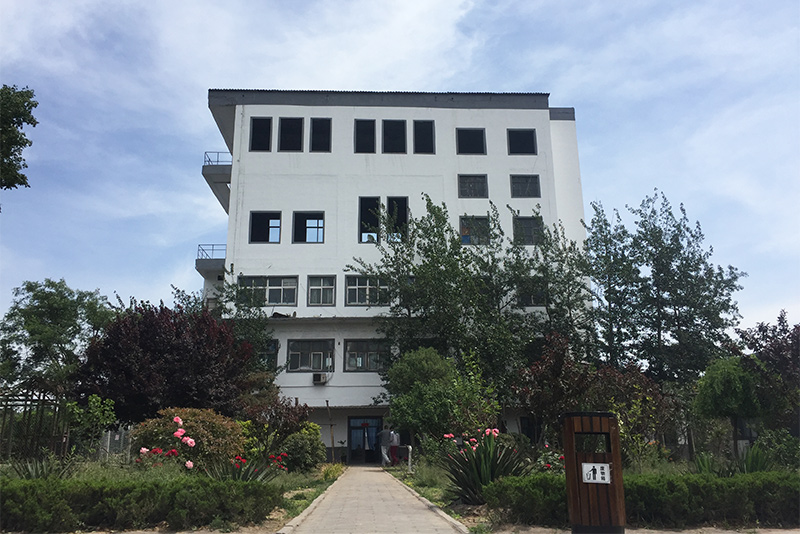The Role of Ceramic Foundry Sand in Modern Casting Processes
In the world of metallurgy and casting, the materials used play a crucial role in determining the quality and precision of the final product. One such material that has gained significant attention in recent years is ceramic foundry sand. This innovative material is transforming the landscape of foundry operations, offering distinct advantages over traditional sand molds.
Ceramic foundry sand is primarily made from high-purity ceramic materials, typically either zircon or alumina. These materials possess a high melting point, excellent thermal stability, and minimal thermal expansion, making them ideal for casting processes that require precision and resilience. Unlike conventional silica sand, which can have inconsistencies in grain size and shape, ceramic foundry sand offers uniformity. This uniformity helps reduce defects in the final castings and ensures a smoother surface finish.
One of the key benefits of ceramic foundry sand is its ability to withstand higher temperatures. In applications involving high-performance alloys or other metals requiring elevated casting temperatures, ceramic sand can handle the thermal stresses encountered without compromising structural integrity. This property is particularly beneficial for industries such as aerospace and automotive, where precision and high performance are non-negotiable.
Another significant advantage of using ceramic foundry sand is its chemical inertness
. Traditional sand can sometimes react with the metal being cast, leading to contamination of the metal and degradation of the casting quality. Ceramic foundry sand, on the other hand, is highly resistant to chemical reactions. This characteristic ensures that the cast metal maintains its desired properties and improves yield rates by minimizing defects associated with chemical interactions.ceramic foundry sand

Moreover, the use of ceramic foundry sand can lead to substantial cost savings in the long run. While the initial investment in ceramic sand may be higher than traditional sands, its reusability and durability can offset those costs. Ceramic sand can be reclaimed and reused multiple times, leading to a decrease in overall material consumption and waste production. This sustainability aspect aligns with the growing trend of environmentally friendly manufacturing practices, making ceramic foundry sand a responsible choice for modern foundries.
In addition to these physical and chemical advantages, ceramic foundry sand also facilitates better cooling rates compared to traditional sands. This improved cooling can reduce cycle times, leading to more efficient production processes. Foundries can produce more castings in less time, meeting the demands of increasingly fast-paced manufacturing environments.
The shift towards ceramic foundry sand is not just a trend but a reflection of the evolving needs of industries that require precision-engineered components. As manufacturers continue to push the limits of design and performance, the demand for materials that can meet these challenges will only grow. Companies that adopt ceramic foundry sand will likely find themselves at the forefront of casting technology, reaping the benefits of enhanced quality and performance.
In conclusion, ceramic foundry sand is revolutionizing the casting industry, providing a range of benefits that traditional sands cannot match. With its high thermal resistance, chemical inertness, and recyclability, this innovative material enhances the quality of castings while promoting sustainable practices. As the industry progresses, we can expect to see further advancements in ceramic foundry sand technology, paving the way for even greater efficiencies and innovations in casting processes.
Post time:نوامبر . 28, 2024 02:54
Next:Exploring the Properties and Applications of Sand Casting Alloys in Modern Manufacturing
